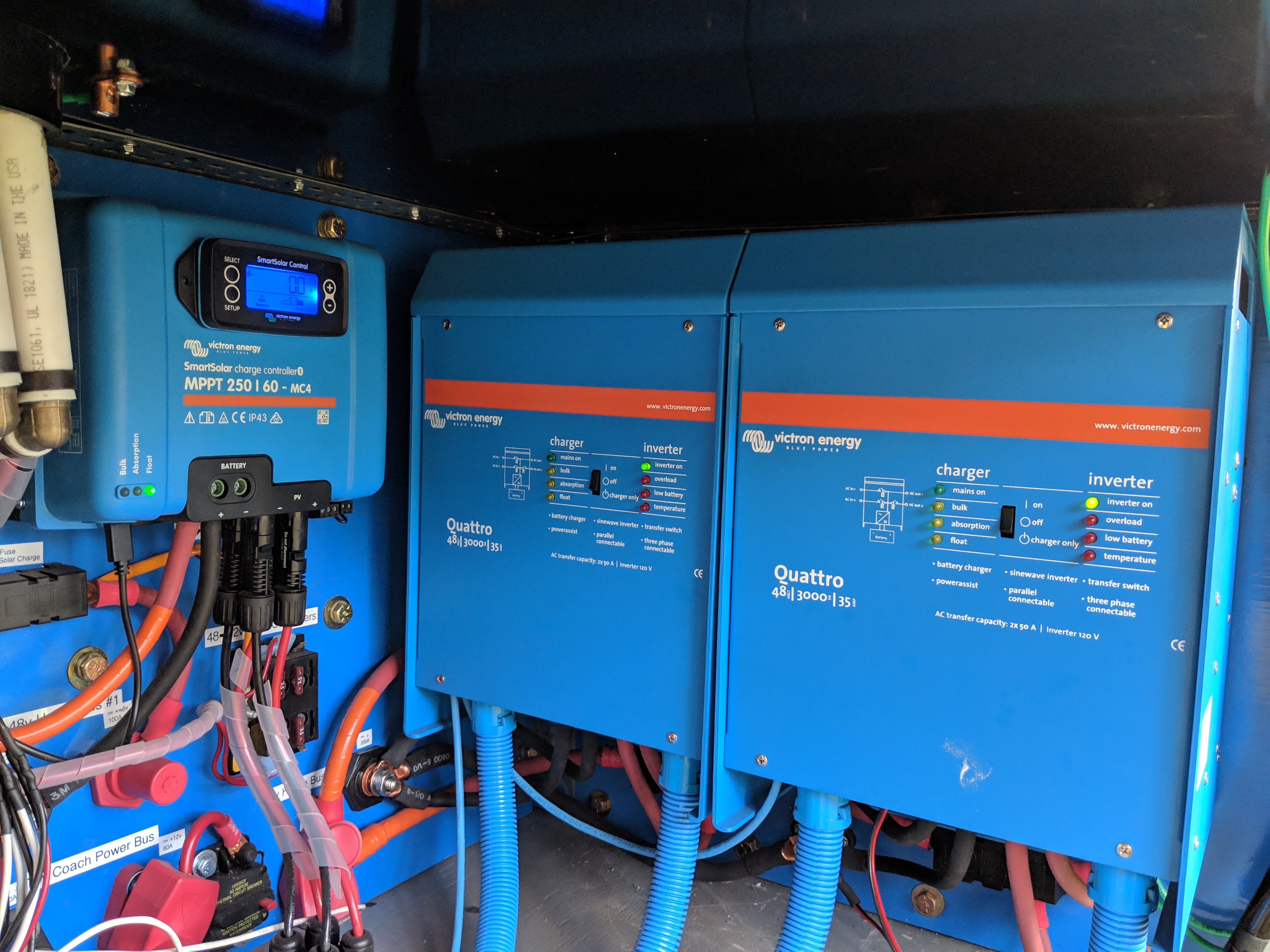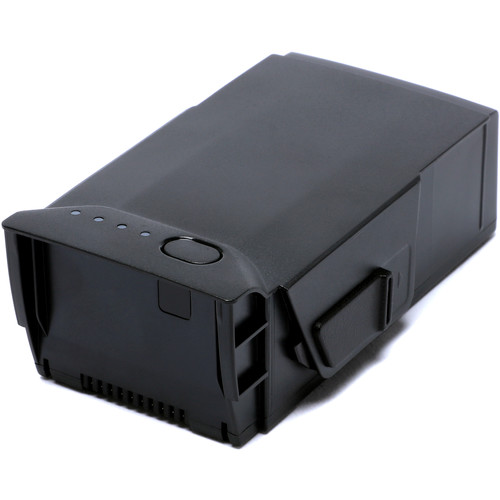
Two types of aqueous lithium-air batteries have been developed one contains an alkaline catholyte of LiOH, and the other contains an acid catholyte such as acetic acid, CH 3COOH (HAc). The aqueous lithium-air battery consists of a lithium anode, an interlayer non-aqueous electrolyte, a water-stable lithium-ion conducting solid electrolyte, an aqueous catholyte, and an air electrode. Of the options available, the aqueous lithium-air battery is particularly attractive for EVs because the battery has the potential for high energy and power densities, but no serious problems to be solved.

However, these batteries have serious problems to solve before their practical use as power sources in EVs, such as the elimination of water in the air in the non-aqueous lithium-air battery, dissolution of the reaction product into the electrolyte in the lithium-sulfur battery, and poor contact between the electrolyte and cathode active materials in the solid-state battery. The theoretical energy densities of these advanced batteries are several times higher than those of conventional lithium-ion batteries. Many types of advanced rechargeable batteries beyond lithium-ion batteries have been proposed and developed, such as non-aqueous lithium-air, aqueous lithium-air, lithium-sulfur, multivalent, and lithium solid-state batteries. The demand for higher energy power density rechargeable batteries for electric vehicle (EV) applications has increased. High energy density battery lithium-air battery aqueous battery, solid lithium-ion conductor acetic acid 1. The cell was successfully operated at 0.5 mA cm –2 and 0.2 MPa. In this study, we have studied the cell performance of a Li/interlayer electrolyte/NASICON-type solid lithium-ion conductor/acetic acid catholyte/air electrode cell at high pressure and room temperature under air. An aqueous lithium-air battery with an acetic acid catholyte has a high theoretical energy density of 1,478 Wh kg –1, and the reaction product is soluble in the catholyte. This is an open access article distributed under the conditions of the Creative Commons by Attribution License, which permits unrestricted use, distribution, and reproduction in any medium or format, provided the original work is correctly cited.Īcidic aqueous lithium-air batteries are attractive candidates for use as energy sources in electric vehicles because of their high energy and power densities and ability to operate under ambient conditions. A Rechargeable Aqueous Lithium-Air Battery with an Acetic Acid Catholyte Operated at High Pressu re. Recommended citation: Ichida S, Mori D, Taminato S, Zhang T, Takeda Y, Yamamoto O, Imanishi N. Journal of Energy and Power Technology 2022, Volume 4, Issue 1, doi: 10.21926/jept.2201009 Received: Febru| Accepted: Ma| Published: March 15, 2022 Special Issue: Batteries: Past, Present and Future

State Key Laboratory of High Performance Cermic and Super Microstructure, Shanghai Institute of Cermaics, CAS, 200050, People Republic China Graduate School of Engineering, Mie University, Tsu, Mie, 514-8507, JapanĢ. Syuma Ichida 1, Daisuke Mori 1, Sou Taminato 1, Tao Zhang 2, Yasuo Takeda 1, Osamu Yamamoto 1,*, Nobuyuki Imanishi 1ġ.

Micro- and nano-energy systems and technologies Power Generation - Conventional and Renewable Hybrid/combined/integrated energy systems for multi-generationĮnergy conversion, conservation and management geothermal, solar, wind, hydro, tidal, wave, biomass) and grid connection impact

Main research areas include (but are not limited to): It publishes original research and review articles and also publishes Survey, Comments, Perspectives, Reviews, News & Views, Tutorial and Discussion Papers from experts in these fields to promote intuitive understanding of the state-of-the-art and technology trends. Journal of Energy and Power Technology focuses on all aspects of energy and power. The journal is also of interest to technology developers, planners, policy makers and technical, economic and policy advisers to present their research results and findings. This periodical is dedicated to providing a unique, peer-reviewed, multi-disciplinary platform for researchers, scientists and engineers in academia, research institutions, government agencies and industry. Journal of Energy and Power Technology (JEPT) is an international peer-reviewed Open Access journal published quarterly online by LIDSEN Publishing Inc.


 0 kommentar(er)
0 kommentar(er)
